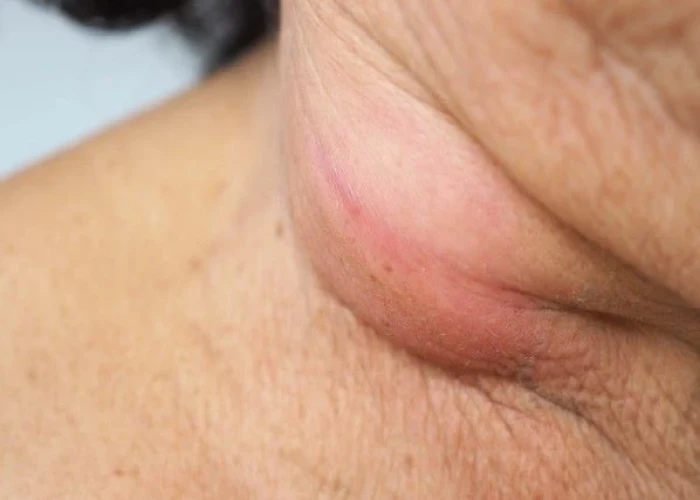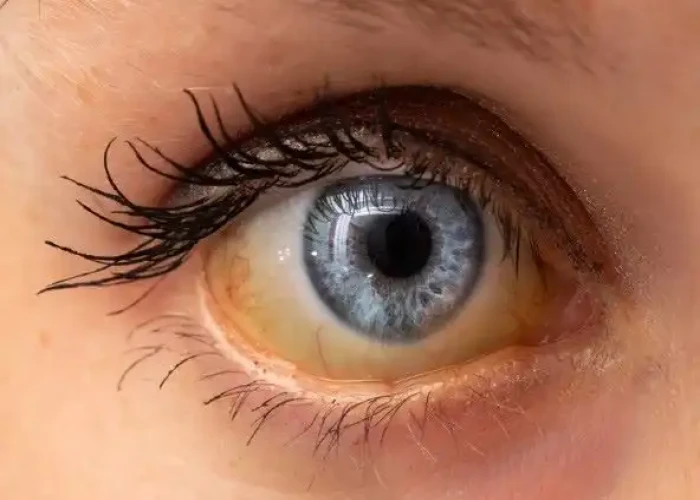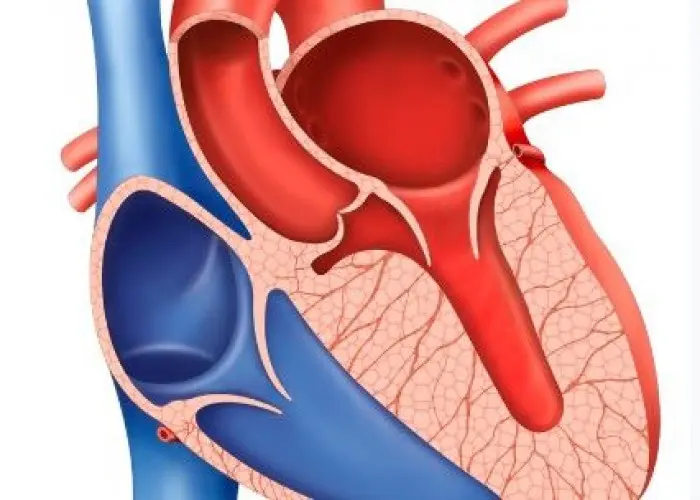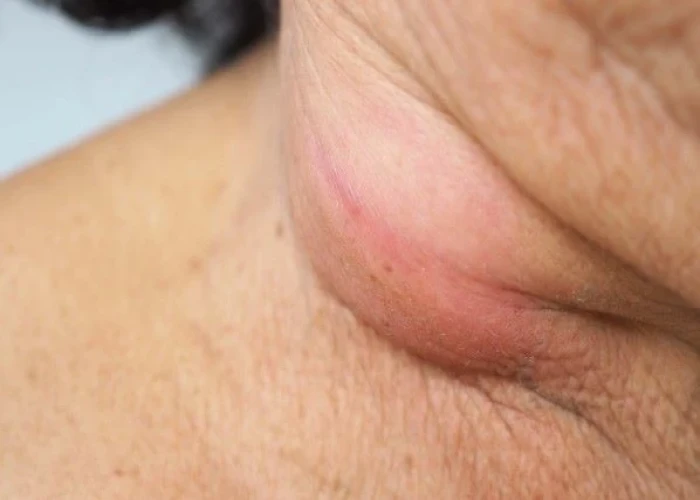 Welcome
Welcome
“May all be happy, may all be healed, may all be at peace and may no one ever suffer."
Lymphoma

Lymphoma is a type of cancer that begins in the lymphatic system, which is part of the immune system and helps to fight infections. Lymphoma occurs when abnormal white blood cells, called lymphocytes, grow uncontrollably and form tumors in the lymph nodes or other parts of the body.
There are two main types of lymphoma: Hodgkin lymphoma and non-Hodgkin lymphoma. Hodgkin lymphoma is characterized by the presence of a specific type of abnormal cell called Reed-Sternberg cells, while non-Hodgkin lymphoma includes a range of different subtypes that can have different characteristics and outcomes.
Symptoms of lymphoma may include swollen lymph nodes, fever, night sweats, weight loss, fatigue, and itching. Diagnosis typically involves a physical exam, blood tests, imaging tests such as CT scans or PET scans, and a biopsy of a lymph node or other affected tissue.
Treatment for lymphoma depends on the type and stage of the disease, as well as other factors such as the patient's age and overall health. Treatment may include chemotherapy, radiation therapy, immunotherapy, targeted therapy, or a combination of these approaches. In some cases, a stem cell transplant may also be recommended.
The outlook for lymphoma depends on the specific type and stage of the disease, as well as other factors such as the patient's age and overall health. Overall, the prognosis for lymphoma has improved in recent years, thanks to advances in treatment and earlier detection. People with lymphoma should work closely with their healthcare providers to develop a treatment plan that is right for them, and they should receive regular follow-up care to monitor their condition and manage any long-term effects of treatment.
Research Papers
Disease Signs and Symptoms
- Swollen lymph nodes
- Swollen neck
- Fatigue (Tiredness)
- Fever
- Night sweats
- Shortness of breath (dyspnea)
- Weight loss
- Itching
Disease Causes
Lymphoma
Doctors aren't sure what causes lymphoma. But it begins when a disease-fighting white blood cell called a lymphocyte develops a genetic mutation. The mutation tells the cell to multiply rapidly, causing many diseased lymphocytes that continue multiplying.
The mutation also allows the cells to go on living when other normal cells would die. This causes too many diseased and ineffective lymphocytes in your lymph nodes and causes the lymph nodes, spleen and liver to swell.
Disease Prevents
Disease Treatments
Which lymphoma treatments are right for you depends on the type and stage of your disease, your overall health, and your preferences. The goal of treatment is to destroy as many cancer cells as possible and bring the disease into remission.
Lymphoma treatments include:
- Active surveillance. Some forms of lymphoma are very slow growing. You and your doctor may decide to wait to treat your lymphoma when it causes signs and symptoms that interfere with your daily activities. Until then, you may undergo periodic tests to monitor your condition.
- Chemotherapy. Chemotherapy uses drugs to destroy fast-growing cells, such as cancer cells. The drugs are usually administered through a vein, but can also be taken as a pill, depending on the specific drugs you receive.
- Radiation therapy. Radiation therapy uses high-powered beams of energy, such as X-rays and protons, to kill cancer cells.
- Bone marrow transplant. A bone marrow transplant, also known as a stem cell transplant, involves using high doses of chemotherapy and radiation to suppress your bone marrow. Then healthy bone marrow stem cells from your body or from a donor are infused into your blood where they travel to your bones and rebuild your bone marrow.
- Other treatments. Other drugs used to treat lymphoma include targeted drugs that focus on specific abnormalities in your cancer cells. Immunotherapy drugs use your immune system to kill cancer cells. A specialized treatment called chimeric antigen receptor (CAR)-T cell therapy takes your body's germ-fighting T cells, engineers them to fight cancer and infuses them back into your body.
Disease Diagnoses
Disease Allopathic Generics
Disease Ayurvedic Generics
Disease Homeopathic Generics
Disease yoga
Lymphoma and Learn More about Diseases

Yellow fever

Hirsutism

Adult attention-deficit/hyperactivity disorder (ADHD)

Interstitial cystitis

Vaginitis

Hypertrophic cardiomyopathy

Nearsightedness

Metabolic syndrome
lymphoma, লিম্ফোমা
To be happy, beautiful, healthy, wealthy, hale and long-lived stay with DM3S.
